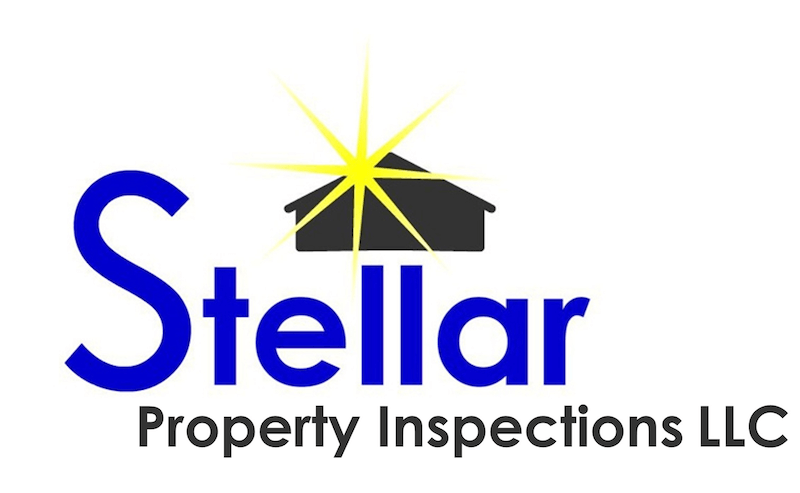A home inspection is one of the most important steps in the home-buying process. It helps uncover problems that might not be visible during a casual walkthrough. While some issues are obvious, others remain hidden until a trained inspector takes a closer look. These unseen problems can lead to expensive repairs or safety concerns if not addressed early.
Understanding the most common hidden issues home inspectors find can help buyers and sellers prepare in advance.
Here’s what to watch for and how to prevent surprises down the road.
1. Faulty Electrical Wiring
Outdated, overloaded, or improperly installed wiring is a very common hidden issue that home inspectors find. Even in newer homes, DIY electrical work or quick, incorrect fixes by previous owners can create fire hazards. Some warning signs include:
- Outlets that spark or feel warm to the touch
- Flickering lights
- Breakers that frequently trip
How to Avoid It
If you’re buying a home, ask about any electrical updates and ensure they were done by a licensed professional. For sellers, having an electrician inspect and upgrade faulty wiring before listing can prevent last-minute deal breakers. If you own a home and notice electrical problems, don’t wait—an inspection could save you from a costly repair or even a fire risk.
2. Hidden Water Damage
Water damage isn’t always obvious. Leaks behind walls, under flooring, or in the attic can go unnoticed until they cause mold, rot, or structural damage. Some subtle signs include:
- Stains on ceilings or walls
- Musty odors
- Peeling paint or wallpaper
How to Avoid It
Regular maintenance is the best way to avoid any water damage. Check under sinks, around windows, and in the basement for signs of moisture. If you suspect you have a water leak issue, a professional inspector can use moisture meters or thermal imaging to detect hidden leaks. Investing in proper drainage and waterproofing solutions can also prevent problems before they start.
3. Foundation Cracks and Structural Issues
A home’s foundation supports everything above it, so even small cracks can be a sign of a bigger problem. Foundation cracks are another one of those tricky hidden issues home inspectors find. Homes do settle over time, but excessive shifting can lead to serious structural damage. Inspectors look for:
- Large cracks in walls or floors
- Doors and windows that stick or won’t close properly
- Uneven flooring
How to Avoid It
Pay attention to any new cracks in your home and monitor their size over time. Address drainage issues around the foundation, as poor water management can lead to soil shifting. If you’re buying a home, an inspector can help determine whether a crack is cosmetic or a sign of structural movement that needs professional repair.
4. Roof Problems You Can’t See from the Ground
A roof may look fine from a distance but still have problems that go unnoticed until they lead to leaks or interior damage. Common issues include:
- Missing, curling, or deteriorating shingles
- Clogged or improperly installed gutters
- Poor ventilation causing moisture buildup in the attic
How to Avoid It
Regular roof inspections, especially after severe weather, can catch small issues before they turn into costly repairs. Keep gutters clean to prevent water damage, and check the attic for signs of leaks or mold growth. If a home’s roof is older, consider budgeting for repairs or negotiating with the seller for replacements if needed.
5. Hidden Pest Infestations
Termites, rodents, and other pests can cause significant damage before they’re ever seen. Home inspectors often find signs of infestations that homeowners weren’t aware of, such as:
- Small holes in wood or drywall
- Sawdust-like debris (from termites)
- Droppings in hidden areas like attics or basements
How to Avoid It
Schedule regular pest inspections, especially if you live in an area prone to termites or rodents. Sealing gaps around windows, doors, and foundations can help prevent pests from getting inside. If an inspector finds evidence of an infestation, a pest control professional can assess the extent of the damage and recommend treatment options.
Protect Your Investment with a Thorough Inspection
Buying a home is a significant investment, and a thorough inspection can save you from unexpected repair costs. If you’re preparing to sell, addressing these common hidden issues in advance can make your home more appealing to buyers. Whether you’re purchasing, selling, or maintaining your home, working with a professional inspector ensures you’re making informed decisions.
Schedule an inspection with Stellar Property Inspections today to get a clear picture of your home’s condition.
For more information on home maintenance and repairs, check out this resource on common home problems.
